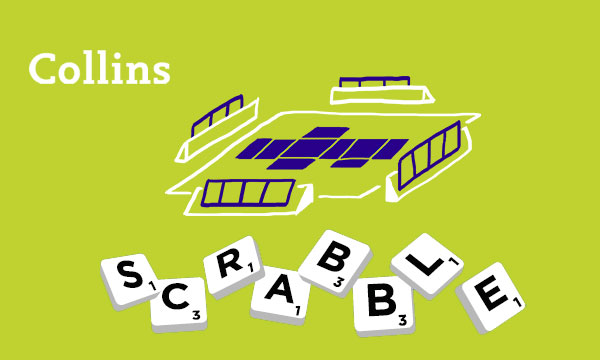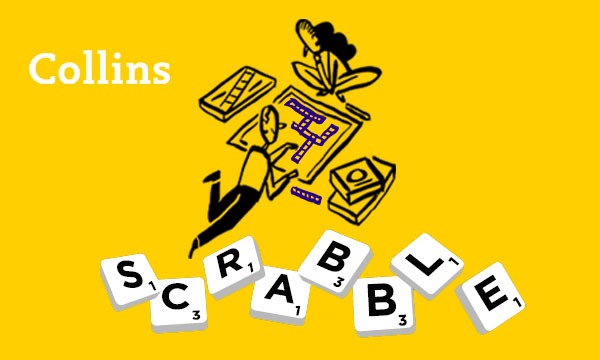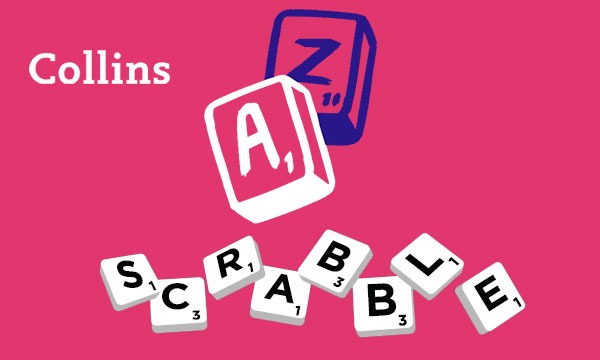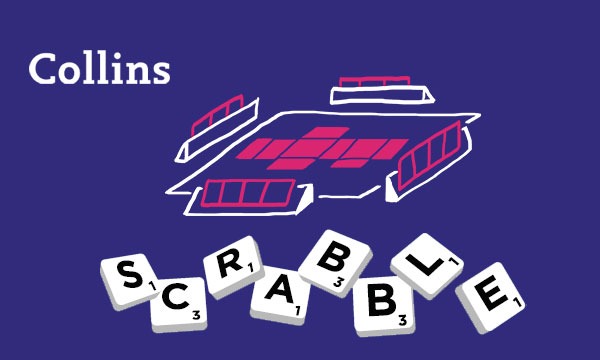C can be a very useful letter to have. It combines well with the high-scoring letters H and K to give you the chance of a high score for just a four- or five-letter word. If you can play something like CHUNK or FLICK, with the K on a triple-letter square and the whole thing on a double-word square, you score 48 for that alone.
One drawback is the lack of those ever useful two-letter words: C only appears in one, the odd-looking CH, an obsolete South West of England pronoun meaning ‘I’.
High-scoring three- and four-letter words with a C include:
CAZ casual
COZ old form of cousin
COZE to chat
COXA the hipbone
BACH to live the life of a bachelor
CHIB a knife; to stab with a knife
CHIV same as CHIB
CHAV (derogatory) young person who wears casual sports clothes
EXEC an executive
ZACK an Australian five-cent coin
Another drawback of the C is that it is not a hugely productive source of prefixes and suffixes, with CON-, -IC, -ANCE and –ENCE being about the best.
Words which combine a C with those common one-point tiles AEIOU and LNRST include CERTAIN, CISTERN, CINEAST (a film enthusiast), CANISTER and CLARINET.
There are many examples of CO- coming before a word to signify something done in partnership: COEDITOR, COWRITE, CODRIVE and so on, along with all their derivatives like COWRITER, CODRIVER and CODRIVEN. These are all valid words. Don’t concern yourself with hyphens.
Definitions of CO- words are usually quite self-explanatory. COWRITE is not a religious ceremony involving cows, a CODRIVER is not a river full of cod, and a COINMATE is not a friend who helps you count your money!
By Barry Grossman
Barry is a leading UK Scrabble player and winner of several tournaments. He is the author of Scrabble for Beginners (Chambers), Need to Know Scrabble, Scrabble – Play to Win and The Little Book of Scrabble Trickster. He has also contributed to numerous other books on the subject of words and word-games, has been a series champion of Channel 4’s Countdown, and has written four comedy series for BBC Radio 4. He lives in Hertford.
All opinions expressed on this blog are those of the individual writers, and do not necessarily reflect the opinions or policies of Collins, or its parent company, HarperCollins.



